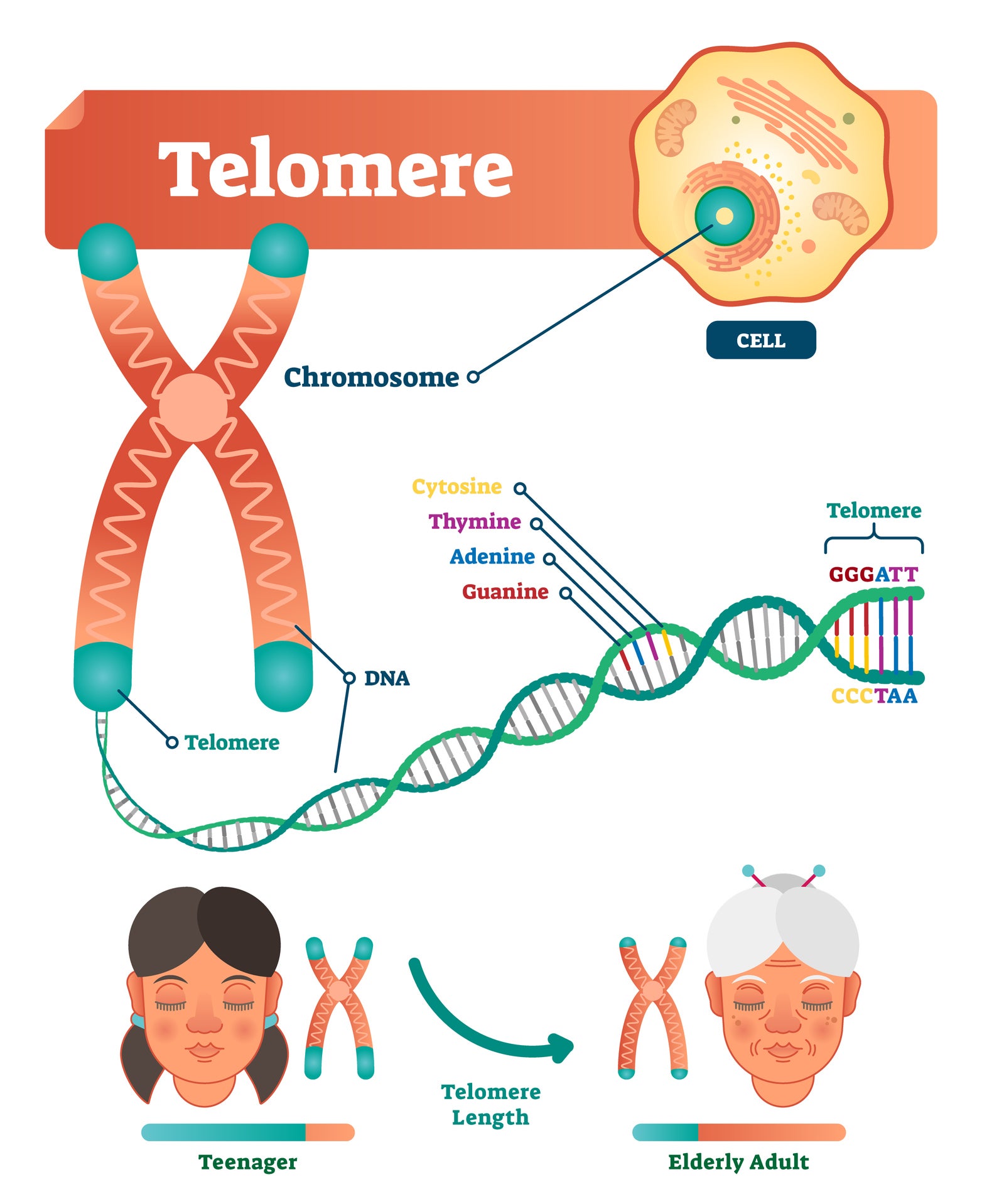Drinking too much could damage your DNA, research finds
Damaged DNA sequences are linked to shorter lifespans and serious diseases such as cancer and heart disease, reports Lamiat Sabin

Reducing drinking could mitigate the DNA damage that alcohol causes that can trigger the onset of life-threatening diseases, scientists have said.
Telomeres are repetitive DNA sequences that act like caps at the end of chromosomes – like the plastic at the end of shoelaces – to prevent them from fusing together or becoming frayed.
The length of telomeres shortens as a person gets older, which can lead to biological ageing, cell death, and DNA mutations that are linked to shorter lifespans and serious diseases such as cancer and heart disease.
Previously, alcohol’s impact on telomere length was “unclear”, scientists at the University of Oxford wrote in a report for their new study.
But they claim that they have confirmed a link between diminished telomeres and drinking 17 or more units of alcohol per week – just over the NHS’s maximum recommendation of 14 units per week.
Dr Anya Topiwala at the University of Oxford said: “Telomere length decreases as we age in normal ageing, but the concern is that shorter telomeres have been linked with lots of diseases of later life like cancer, Alzheimer’s disease and heart disease.”

Dr Topiwala and her colleagues analysed the data of 245,354 people aged 40 to 69. The data was found in the UK Biobank study, which holds half a million people’s medical and genetic information.
A blood sample from each participant was compared with their self-reported weekly alcohol consumption.
Participants who had been diagnosed with alcohol-use disorder (AUD) – which encompasses alcoholism and binge drinking – were found to be more likely to have shorter telomeres.
In order to exclude other lifestyle factors such as diet, the researchers repeated the experiment to compare their findings with Mendelian randomisation (MR) estimates.
A total of 93 genetic variants associated with increased alcohol use were found in a genome-wide association study (GWAS), using data from 472,174 people.
Based on these variants, the team devised a genetic risk score and confirmed that the participants with a higher score for increased alcohol consumption were more likely to have shorter telomeres.

The MR analysis “suggested a causal relationship between alcohol traits, more strongly for AUD (alcohol use disorder), and telomere length,” the study says.
In both experiments, the team found the shortest telomeres in the participants who had been diagnosed with AUD or had drunk between 17 and 28 units of alcohol a week.
For example, 28 units is equivalent to 16 pints of five per cent-strength beer or 14 standard glasses of 12 per cent-strength wine. The NHS advises that both men and women do not exceed half this amount.
Overall, the study provides more evidence that even 17 units of alcohol a week – equivalent to 10 pints or eight glasses of wine – can harm health, Dr Topiwala said.
The scientists said that their confirmed link between drinking and DNA damage is independent of any effects that are caused by smoking.
The study concludes: “These findings provide another piece of information in the arsenal of clinicians seeking to persuade patients of the harmful effects of alcohol.
“Shortened telomeres are proposed as causal risk factors for a number of age-related diseases like Alzheimer’s disease.
“Furthermore, the dose of alcohol is important – even reducing drinking could have benefits.”
The University of Oxford’s study ‘Alcohol consumption and telomere length’ has been published in the journal Molecular Psychiatry.






Join our commenting forum
Join thought-provoking conversations, follow other Independent readers and see their replies
0Comments